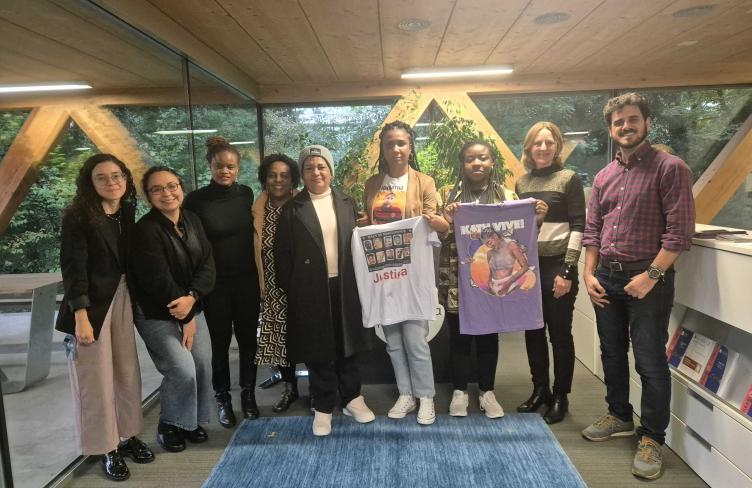
A newly devised toolkit aims to empower individuals to know their rights on two key safeguards against torture: the right to notify a family member and be informed about one's rights upon arrest.
Last week, the Association for the Prevention of Torture (APT) launched a newly devised toolkit in Bangkok, Thailand, that aims to raise awareness of fundamental rights that must be observed during the first hours following arrest. The two under focus in the toolkit are the right to notify a family member and to recieve information about one's rights upon arrest.
When observed, these rights can play a vital role in the prevention of torture or other abuse. In fact, global research has shown that such safeguards have the highest impact in reducing the risk of torture and ill-treatment for detainees, compored to other measures. A baseline study conducted by the APT in Thailand showed that these rights are guarenteed in law, but that there is a gap between law and practice, leaving detainees at risk.
Designed to change this, the toolkit provides essential information and advice on what people should do when arrested and the protocol law enforcement officers must follow when they arrest someone.
The APT is disseminating information on two fundamental rights across Thailand.
The APT aims to distribute the information as widely as possible as part of a national campaign in Thailand, ensuring the maximum number of people are made aware of their rights. This is why the tool also includes a QR code that gives access to a webpage with written and audio information in Thai.
"We want people to know their rights, because once they are aware, they can demand that they are respected," said Shazeera Zawawi, the APT's Asia Pacific Programme Officer. "That can be an important step towards preventing torture."
The APT is also working at the national level to raise awareness of the need for these safeguards. The launch of the toolkit came during a weeklong mission to Thailand as part of the APT's three-year 'Implementing Safeguards to Reduce Risks of Torture' project, launched in 2018. During the mission, the APT's staff met with the diplomatic community, the Sub-Committee on Prevention of Torture and Education, the National Human Rights Institution, and civil society. In addition, a training session with law enforcement officers focused on their role in the implementation of these safeguards.
"If torture is to be prevented in Thailand, it's vital that these safeguards are implemented at the national level," continued Zawawi. "That's why we're working with the authorities and others to not only raise awareness but work towards implementation. We know torture prevention works, but it needs a concerted effort."
Find the Action Toolkit here (in Thai) and spread the word using #safeguards in THAILAND.
